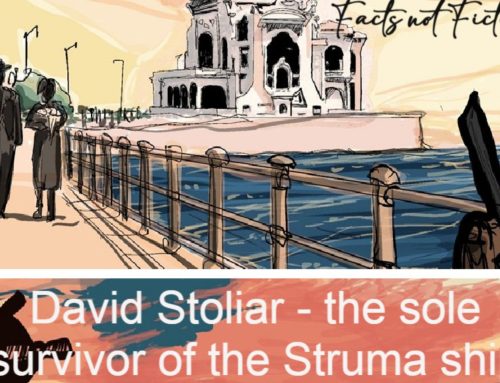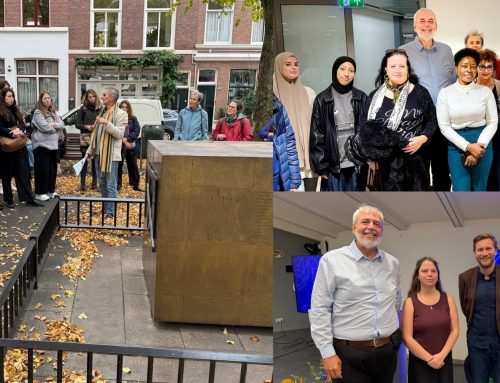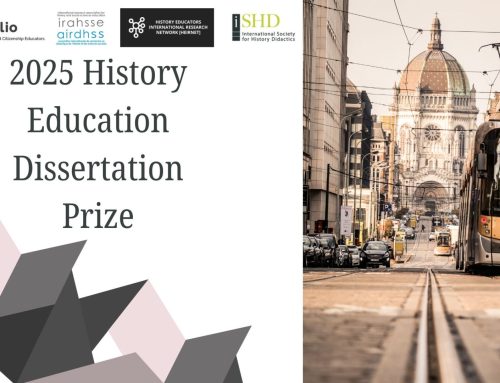The invention of the internet proved a pivotal point in history. It has dramatically influenced the way news is consumed around the world. Terms like “fake news” and “alternative facts” are used on a daily basis, and have become so widely used that the current social landscape has been dubbed a “post-truth” society. A large contributor to this post-truth sentiment is the abundance of disinformation found online. Fake news is everywhere and is by no means a new phenomenon. But how to deal with it in terms of education? On 2 February 2018, over 70 history educators and students gathered in Hilversum to dive into these questions and participate in the event Critical Thinking in the Age of Emojis. Does History Education Play a Role for Media Literacy? organised by EuroClio as a part of the Erasmus+ funded project Media and History: From cinema to the web, studying representing and teaching European history in the digital era in the Dutch institute of Sound and Vision. The full report of this event is still to come, but here is a quick overview of what occurred that day.
The day officially started with a lecture by key-note speaker Maria Grever. In this lecture she shared how one of her students made the statement that historical reality does not exist, as historical reality can only be represented by personal views and interpretations. The “complete story” is unattainable. This of course raised the question on how to guide young students in navigating historical sources when boundaries between true and false statements are becoming more and more blurry. In the end, Grever concluded, students have to be able to discover when lies are taken for truth, should be able to unmask fake news and discuss all sorts of different interpretations of the past.
In the following lively, sometimes heated debate moderated by Bjorn Wansink (Utrecht University), educators and students had the opportunity to ask questions to the panel, consisting of Bas Agterberg, Maria Grever and History teacher of the year Tom de Kruif. In his teaching Tom de Kruif uses video games, specifically Call of Duty, to try and give his pupils a glimpse of the experience of WW2. On the basis of this game they discuss, evaluate and question the accuracy of the game they played together, to see how this relates to reality. Many more questions arose in the debate, for instance about the role of social media in spreading fake news: can any sort of news distributed via social media still be reliable? Or how can an educator deal with extremism in the classroom? How can a teacher assist them in distinguishing between what is true and what is false? And what about the growing sentiment among young students that the traditional media outlets are not catered towards young people? Almost all questions asked in this debate were rooted in the increasing confusion that comes with the current abundance of online news outlets and large amount of fake news that comes with it.
A more detailed report including a summary of the workshops will be published as soon as possible.













